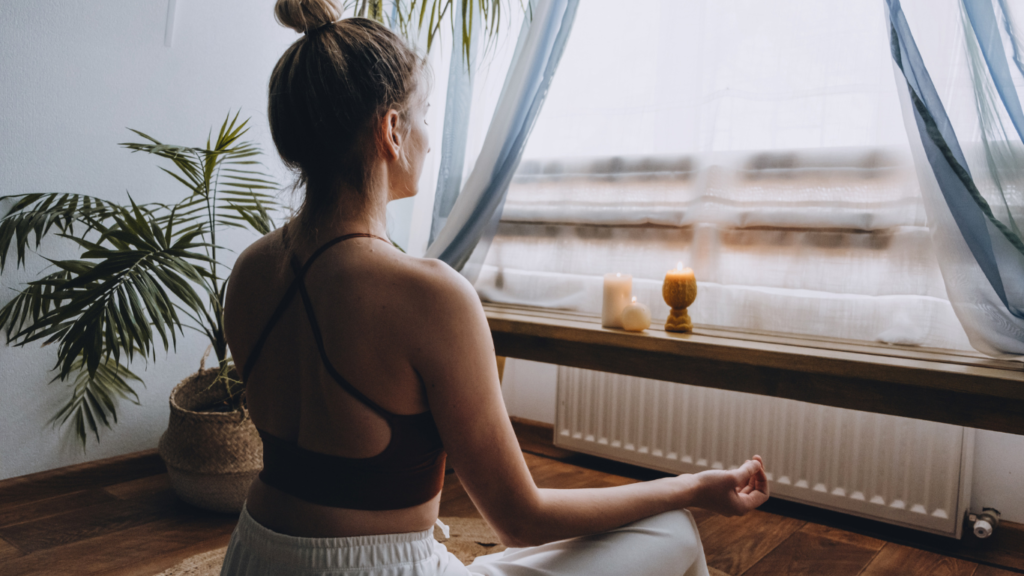
Rain has different effects on different people. In regions where it does not rain too much, rain is much loved. It lifts the spirits and makes people happier. People find rain to be soothing and relaxing. The sound of rain can be calming and conducive to rest and introspection. It can provide an excuse to stay indoors, unwind, and enjoy cozy activities like reading or watching movies. Some people even love to get drenched in rain.
For some, rain can be inspiring, stimulating creativity and artistic expression. Writers, artists, and musicians may find rainy days particularly conducive to their creative processes. There are many songs and music that we love to sing and listen to. Some of the most beautiful poetry has been written about rain. Rainy days often encourage a reflective mood, prompting thoughts about the past and fostering a sense of nostalgia. This can be either uplifting or melancholic, depending on the individual’s memories and associations with rain.
But what if rain lasts for days and there seems no end to it? It disrupts your routine and there is no sunshine in sight. The rainy season may have a significant negative impact on mental health, influencing mood, energy levels, and overall well-being of some people.
Here are several ways in which rain can affect moods:
- Lower Serotonin Levels: Reduced sunlight during rainy days can lead to lower levels of serotonin, a neurotransmitter that contributes to feelings of well-being and happiness. This decrease can result in feelings of sadness or lethargy.
- Increased Melatonin Production: Overcast skies and dim light can stimulate the production of melatonin, the hormone responsible for sleep regulation. Increased melatonin can make people feel more tired and sluggish, leading to a sense of fatigue and low energy.
- Seasonal Affective Disorder (SAD): SAD is a type of depression that occurs at certain times of the year, often in winter, but can also be triggered by prolonged periods of rain and darkness. Gloomy days, dark cloudy skies, inactivity, and dull social life may lead to this disorder.
- Reduced Physical Activity: Rain can discourage outdoor activities and exercise, leading to a more sedentary lifestyle. Lack of physical activity can contribute to feelings of low energy and moodiness, as exercise is known to release endorphins, which boost mood.
- Isolation and Loneliness: Rainy weather can lead to canceled plans and reduced social interaction, increasing feelings of isolation and loneliness. Social connections are important for mental health, and their absence can negatively impact mood.
If during the rainy season, you are constantly feeling sad, and gloomy, have persistent low moods, feel low in energy, and are mostly tired. If you find Reduced interest in activities that are usually enjoyable to you, including hobbies and social interactions. You find it difficult to concentrate and your sleep schedules are messed up, you might be suffering from SAD or depression due to the rainy season. You must consult a doctor/ therapist for the same.

Meanwhile, we are discussing some of the measures that you can take to improve your mental health this rainy season.
Managing Mental Health During the Rainy Season
- Stay Physically Active
Indoor Workouts: Engage in indoor physical activities such as yoga, pilates, or home workout routines. Exercise releases hormones, which help boost mood.
Dance or Aerobics: Fun and energetic activities like dancing can improve mood and keep you physically active.
- Light Therapy
Lightbox: Use a lightbox that mimics natural sunlight for 20-30 minutes each morning to help regulate your body’s internal clock and improve mood.
Brighten Your Space: Keep your home well-lit by opening curtains and using bright lights.
- Maintain a Healthy Diet
Balanced Meals: Eat a diet rich in fruits, vegetables, whole grains, and lean proteins. A healthy, nutritious diet can help stabilize your mood and energy levels. You may consider taking vitamin D supplements, especially if sunlight exposure is limited. Consult your doctor for the same.
Hydration: Drink plenty of water to stay hydrated, which is crucial for overall health and can impact mood.
- Stay Connected
Social Interactions: Keep in touch with friends and family through phone calls, video chats, or social media to reduce feelings of isolation.
Group Activities: Participate in group activities or online communities that interest you.
- Mindfulness and Relaxation
Yoga and Meditation: Practice yoga, mindfulness meditation, and deep breathing exercises to reduce stress and improve mental clarity.
Journaling: Write down your thoughts and feelings to process emotions and reflect on the positive aspects of your day.
- Hobbies and Creative Outlets
Creative Activities: Engage in hobbies that you enjoy, such as reading, painting, cooking, or playing musical instruments. Creative expression can be therapeutic.
Learning: Take up a new skill or hobby that interests you, which can provide a sense of accomplishment and purpose.
- Proper Sleep Hygiene
Regular Schedule: Maintain a consistent sleep schedule by going to bed and waking up at the same time each day.
Relaxing Routine: Create a relaxing bedtime routine to signal to your body that it’s time to wind down.
- Plan for Fun
Indoor Activities: Plan enjoyable indoor activities, such as watching movies, baking, or playing board games with family or friends, to keep your spirits up.
Outings: When possible, plan outings to places that are enjoyable and safe, such as malls, movies, or cafes. Shopping or at least window shopping in the mall is a good idea too.
- Practice Gratitude
Gratitude Journal: Keep a gratitude journal to write down things you are thankful for each day. Paying gratitude can help shift your focus from negativity to positive aspects of your life.
- Seek Professional Help
Therapy/ medication: Consider speaking with a mental health professional if you’re feeling persistently down or anxious. Therapy can provide support and coping strategies. In some cases, medication may be necessary. But do not self-medicate in any case, consult a doctor.
By incorporating these strategies into your daily routine, you can better manage your mental health during the rainy season and maintain a positive outlook.